In Our Orbit: Dream and Wit In Our Orbit: Dream and Wit
E.L. Doctorow’s Andrew’s Brain
Apr 22, 2014 / Books & the Arts / Hannah Gold
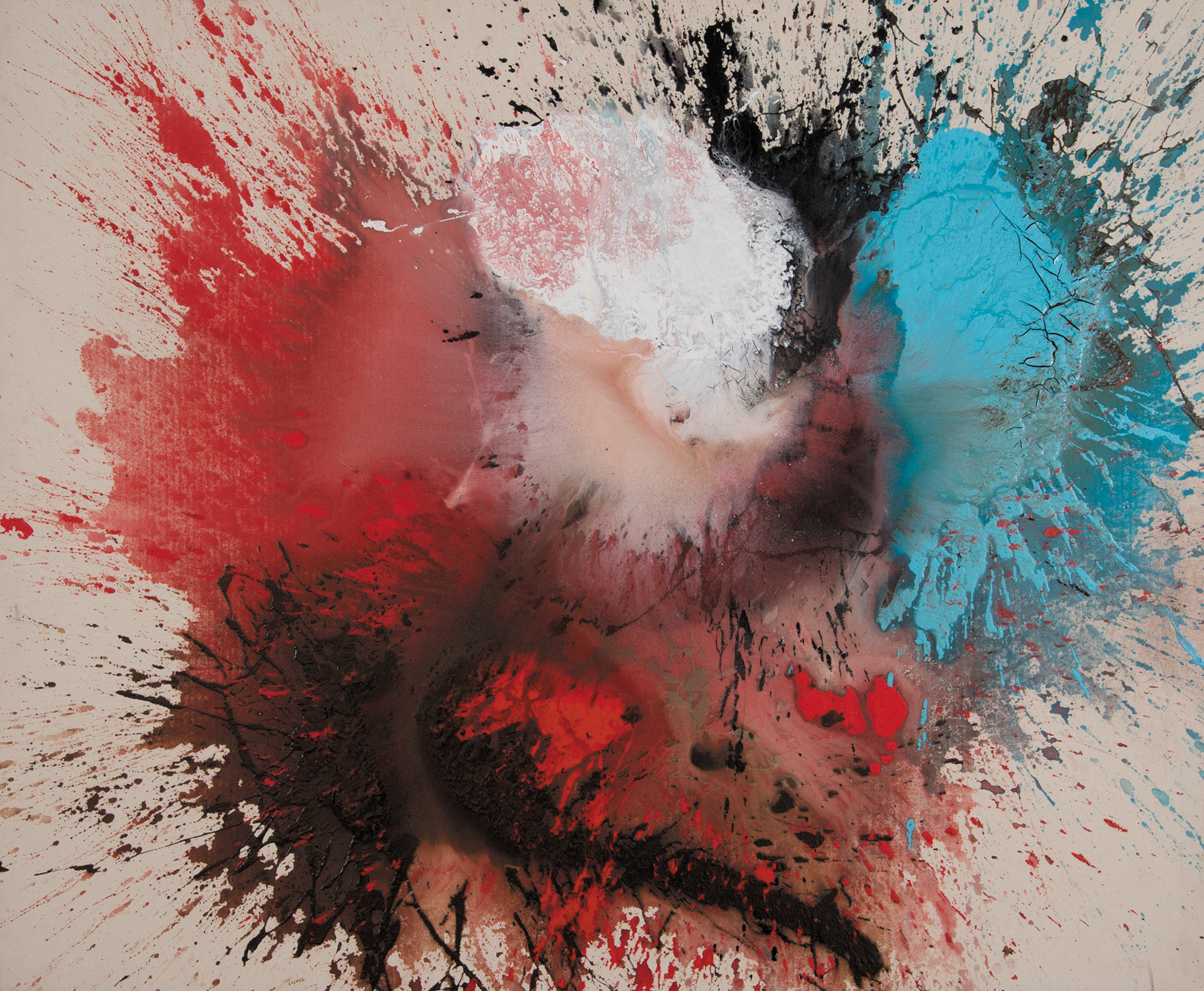
Sculpting With Color Sculpting With Color
Ed Clark and Lynda Benglis are still making art on a grand scale.
Apr 22, 2014 / Books & the Arts / Barry Schwabsky
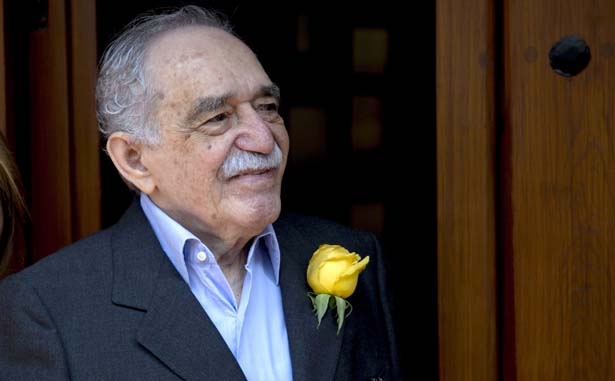
Gabriel García Márquez—a Rebel Against Form, an Artist Against the Forces of Oblivion Gabriel García Márquez—a Rebel Against Form, an Artist Against the Forces of Oblivion
He taught us how to live with loss, and he told us, over and over again, that other utopias are possible.
Apr 21, 2014 / Books & the Arts / Greg Grandin
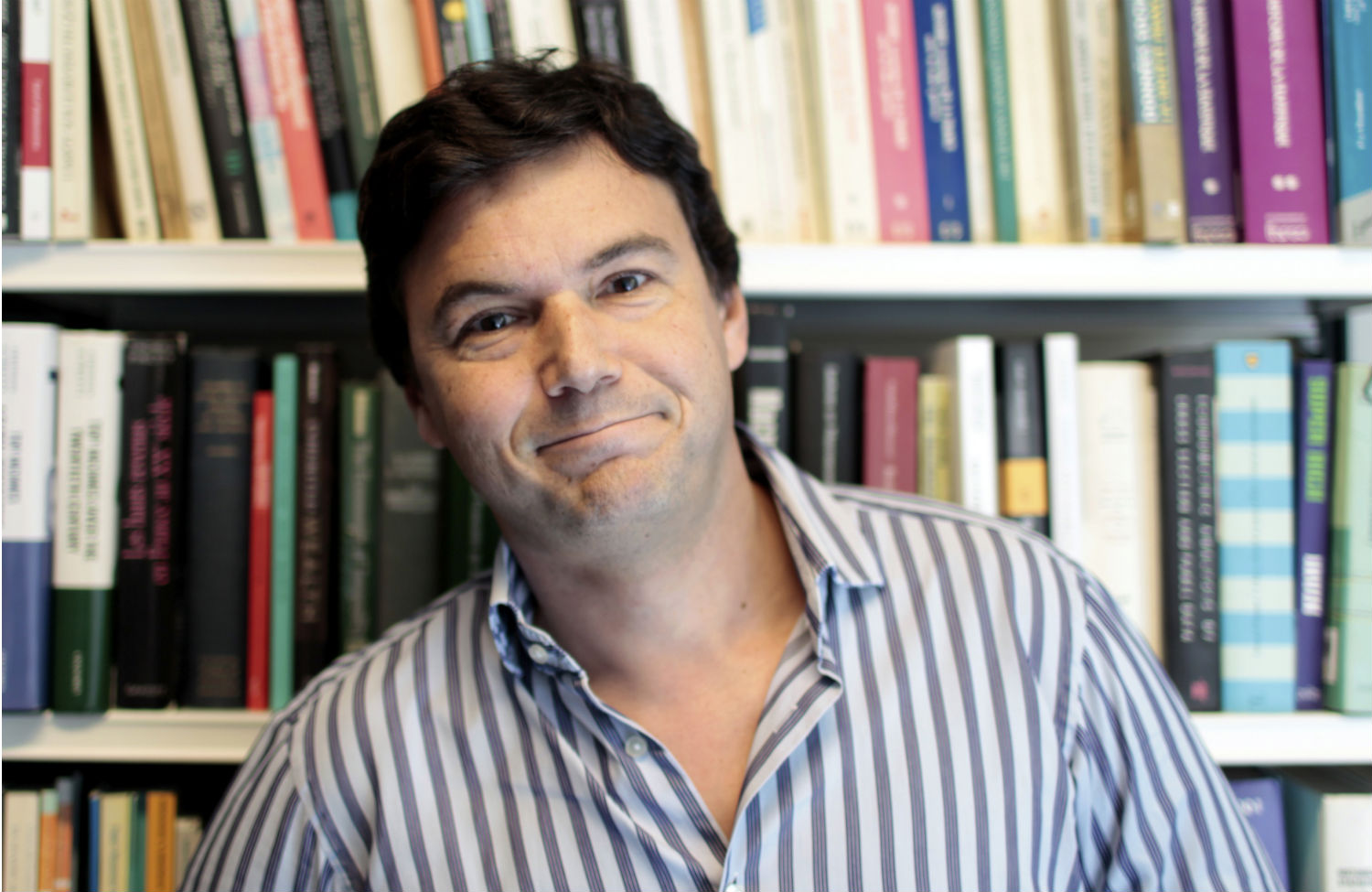
Thomas Piketty Undermines the Hallowed Tenets of the Capitalist Catechism Thomas Piketty Undermines the Hallowed Tenets of the Capitalist Catechism
Not only does capitalist growth not reduce inequality; it increases it.
Apr 18, 2014 / Books & the Arts / Jeff Faux
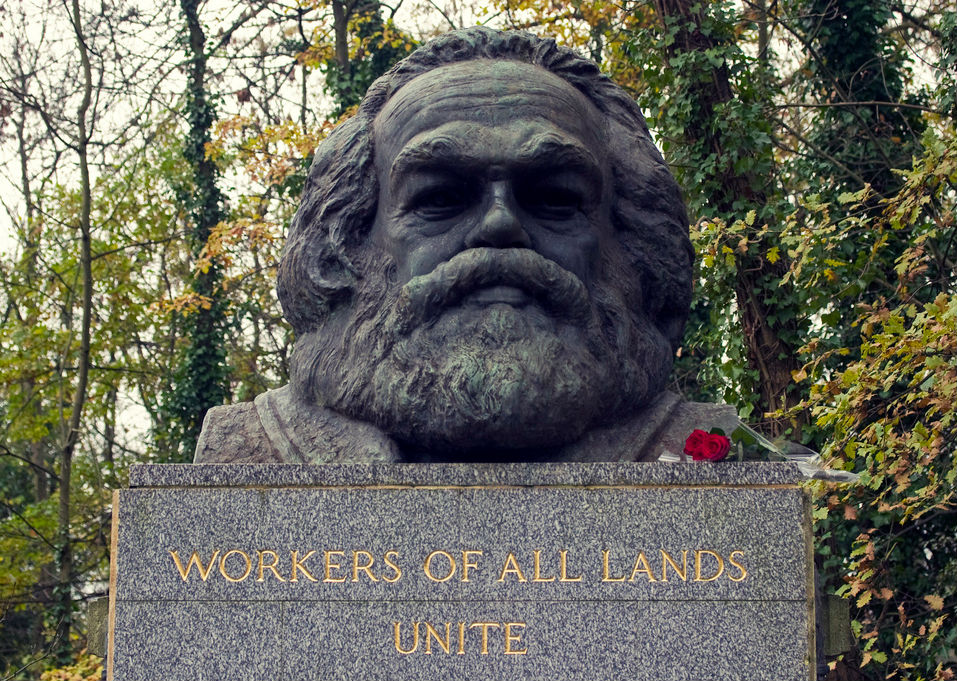
This Week in ‘Nation’ History: Here’s the Backstory on Marx and Marxism in Our Pages This Week in ‘Nation’ History: Here’s the Backstory on Marx and Marxism in Our Pages
The substance and tone of Nation articles on Marxism have tended to shift with the larger political, cultural and economic tides.
Apr 18, 2014 / Books & the Arts / Katrina vanden Heuvel

Climate Change Is Here—It’s Too Late for Pessimism Climate Change Is Here—It’s Too Late for Pessimism
Years of Living Dangerously will make you boiling mad about the climate calamity that awaits us in the twenty-first century.
Apr 15, 2014 / Books & the Arts / Katrina vanden Heuvel

Thomas Piketty and Millennial Marxists on the Scourge of Inequality Thomas Piketty and Millennial Marxists on the Scourge of Inequality
Capitalism’s new critics take on an economics run amok.
Apr 14, 2014 / Books & the Arts / Timothy Shenk
The County Seat of Presidio County The County Seat of Presidio County
One thinks of boats this far from water then goes back to just so crushing into sculpture the rear and forward quarter panels of three cars pasteled for half a century by the Big Bend sun, by the windy grit, tarantula spit, and even piercing starlight for that singular space in the mind of art: an abandoned barracks in afternoon’s half-shadow. Even in winter, it’s a long way for the glare to chariot his old welder across the sky. Boyd Elder sweeps the wasps from Prada Marfa a good twenty miles from Marfa proper. Someone else hates that someone by accident swept the Russian schoolhouse everyone loves to hate. A colossal horseshoe crucified with a ridiculous man-sized nail against the sky casts the shadow of a sickle and hammer. Yuccas lean for decades, and the rust on all maybe-likes the sun. After a downpour flees east to Alpine, it’s best to shake your head at the green that nearly tries. It didn’t rain last year, and it won’t rain this year, says the mayor to the hung-over travelers who could be artists, and one of them writes this in a notebook to an angel he saw late last night down the long Judd-red counter of the convenience store, her entire right shoulder’s agave-blue agave tattoo lit by the cash register candy bar light. She bought cigarettes as they locked the doors. Who could know she would come all this way with her soft bangs, her confident nostrils, and that utterly touchable old white sweater? He hopes deeply she might run him over with the land yacht of her prevailing aesthetic.
Apr 12, 2014 / Books & the Arts / John Poch

Who’s Really to Blame for the Ravages of Climate Change? Who’s Really to Blame for the Ravages of Climate Change?
In Showtime’s powerful new documentary, Years of Living Dangerously, will the West’s rapacious consumption habits be let off the hook?
Apr 11, 2014 / Books & the Arts / Brentin Mock
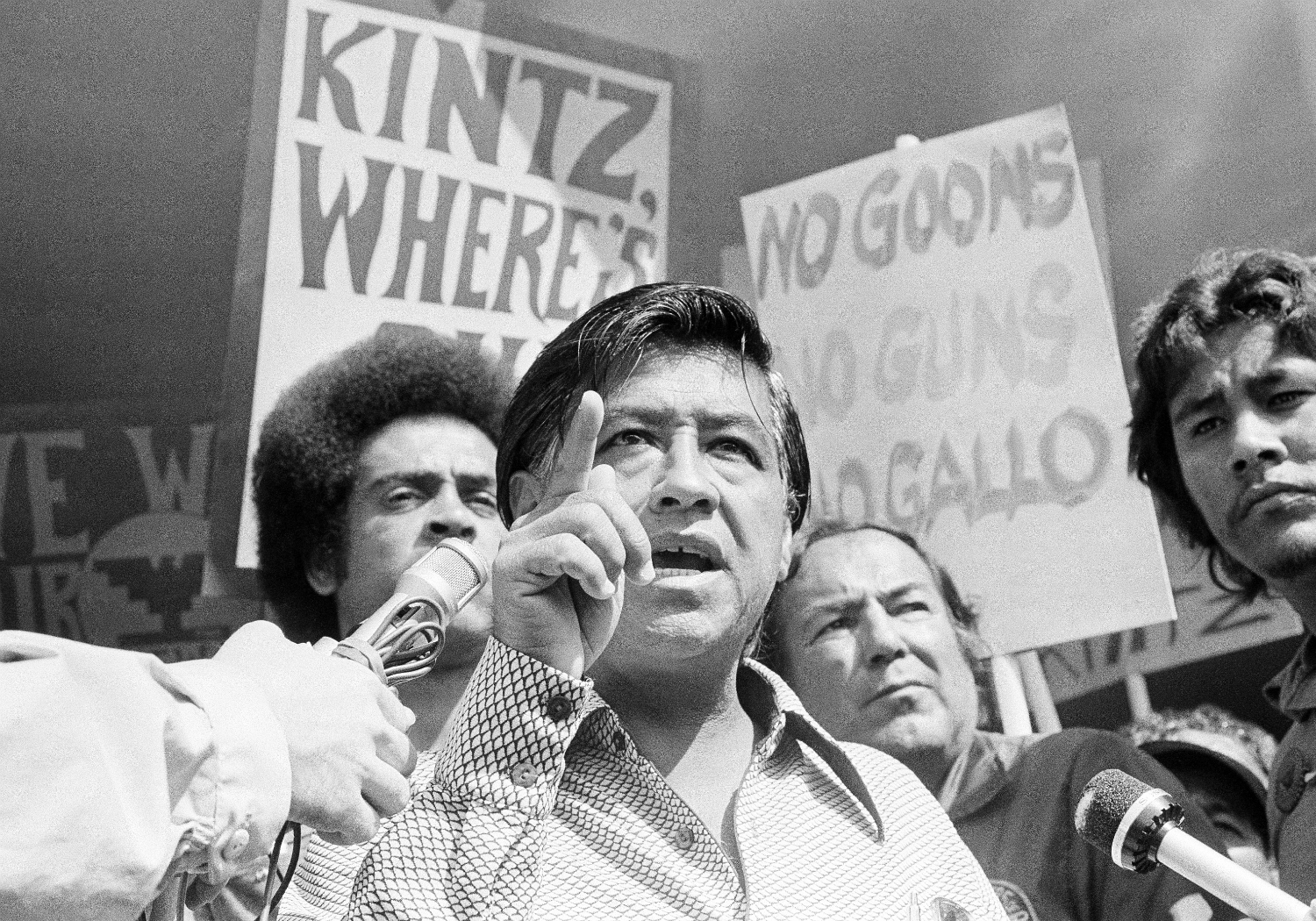
Out of the Fields, Onto the Screen: What ‘Cesar Chavez’ Gets Wrong About the Labor Movement Out of the Fields, Onto the Screen: What ‘Cesar Chavez’ Gets Wrong About the Labor Movement
The new film turns decades of organized struggle into the inspiring tale of one man.
Apr 9, 2014 / Books & the Arts / Tim Barker
